|
Working out has more benefits than just strength and endurance. It can be a boon to your mental health and feeling of social connection, too! There are so many ways to work out both by yourself or with a group of friends or new people.
0 Comments
Since the start of the COVID-19 pandemic, many of us have taken to working out from home - whether due to gym closures, or a lack of commute that takes us by our gym. Having a home workout routine that works for you is a great way to stay active, even as gyms re-open. Even as you get back to your "normal" workout routines, home workouts are great for when it's too cold outside for your run, or when you're traveling with only your hotel room as a gym.
Photo by Jonathan Borba on Unsplash
*This post contains affiliate links. By purchasing products through the link in my post, I get a small portion of the proceeds which helps support me to continue writing this blog.
Physical and mental health are both important, and inextricably intertwined. In this blog post, I encourage you to take stock of old injuries, current habits, and and to try out a lifestyle of moderation rather than always going ALL IN.
Photo by Scott Broome on Unsplash
Whether your gym is closed or your schedule is off kilter from juggling new home and work responsibilities, it can be tough to stay active while working from home.
With the COVID-19 pandemic, the state of our world changes week to week, and that stress can affect you more than you may realize. From keeping your energy up to eating healthy at home, taking steps to improve your wellness in this tumultous time can give you a sense of control. No matter how much you love your job, chances are you don't love sitting all day.
Even with more offices adopting standing desks and treadmill desks, it's not great to do that all day either. So how can you counter the unfavorable aspects of sitting all day?
Rest and recovery is just as important for your fitness performance as your workout.
If you don’t give your body plenty of time to recover in between your workouts, you risk overtraining syndrome., characterized by persistent fatigue, mood disturbances, and decreased athletic performance. With regular training, your body recovers from the acute fatigue in a few days. Functional overreaching and non-functional overreaching require longer term recovery with days to weeks to months before progressing to overtraining syndrome, resulting from inadequate rest and recovery while in a state of overreaching. Many adopt a “no pain no gain” and “push through” mentality – but implementing that practice in your training increases your risk of overtraining and therefore risk of injury. If you want to train tomorrow or next week, take care of yourself today. Here are a few ways you can recover well and get better results from your workouts. I've been meaning to write this post for awhile, as most of my workouts are outdoors, at a local park, with my dog!
Jogging, walking, and hiking are great cardio activities and combine the beauty of the outdoors with improving your heart health. (Did you know even 10 minutes of continuous aerobic activity can improve your cardiovascular fitness? So get that lunchtime walk in!) Colleagues often talk about how bad they feel about staying indoors, working, on a beautiful day. Not only does enjoying the fresh air and being in the moment make you feel centered, but pining away looking out the window can do the opposite. Did you open this post thinking it was going to be another bouncy six-pack twenty-something sharing her early morning 10-minute workout? So sorry if I disappointed you. Perhaps I should have titled it "how to stay sane while trying to stay fit in grad school". The school gym isn't very far from me - but it's not very close either. I've heard there's showers in the basement of the school - maybe I could go for a run in between classes (in the southern heat) like the girl I see everyday at lunch. PS I'm pretty sure shes running to and from her Athleta (Lulu Lemon, Fabletics) photo shoot. So what am I going to talk to you about then? I'd like to share the conversations (arguments?) that go through my head at least weekly, if not daily as they pertain to academics, wellness, social life, and literally just maintaining function.
A few weeks ago I joined a new gym, had my metabolic rate tested, and had a cardio plan to follow. Over the years, I've followed various fitness regimens and can reflect back on how they meshed with my schedule, how I felt, and if they would fit in my life now.
Right now, back pain and the desire to lean out are having a tug-o-war with my body. I'm seeing my chiropractor twice a week, but also taking it easy. I would rather workout 1-2 times a week (instead of 5) until I rebuild some strength than overdo it and be stuck on the sidelines. It's better to build up from where you are. Yes, you read the title right! I'm going to share with you my new fitness focus for November: quick endurance circuit training Let's break it down:
- QUICK: Only 30 minutes out of your day, 2 times per week - ENDURANCE: These workouts boast high reps with moderate weight for muscle endurance and... - CIRCUITS: Circuit training itself brings cardio into your weight workout so it will provide you with an endurance double-whammy *BONUS: The constant movement of this workout and its engagement of large muscle groups can boost your anaerobic capacity, too! What's anaerobic? It is a certain process that your body uses during exercise for quick fast movements (example: 100 yard dash). Contrast this with aerobic exercise that is more like a 1-mile run.
Has your school or place of work ever done a "stairs" contest where everyone commits to skipping the elevator and taking the stairs instead? I know that I typically feel better when I make that choice, but sometimes its daunting and simply the last thing I want to do. This group in Stockholm, Sweden took it a step further! They hypothesized: would people choose the stairs over the elevators if it was fun? Watch and find out! Do you know of similar events? Post below!
-Bailey
|
a blog about health, wellness, nutrition, and fitness from an epidemiologist / dietitian with personal trainer experience
Stay up to date on productivity tips and active learning techniques
Like what you read?
categories
All
|
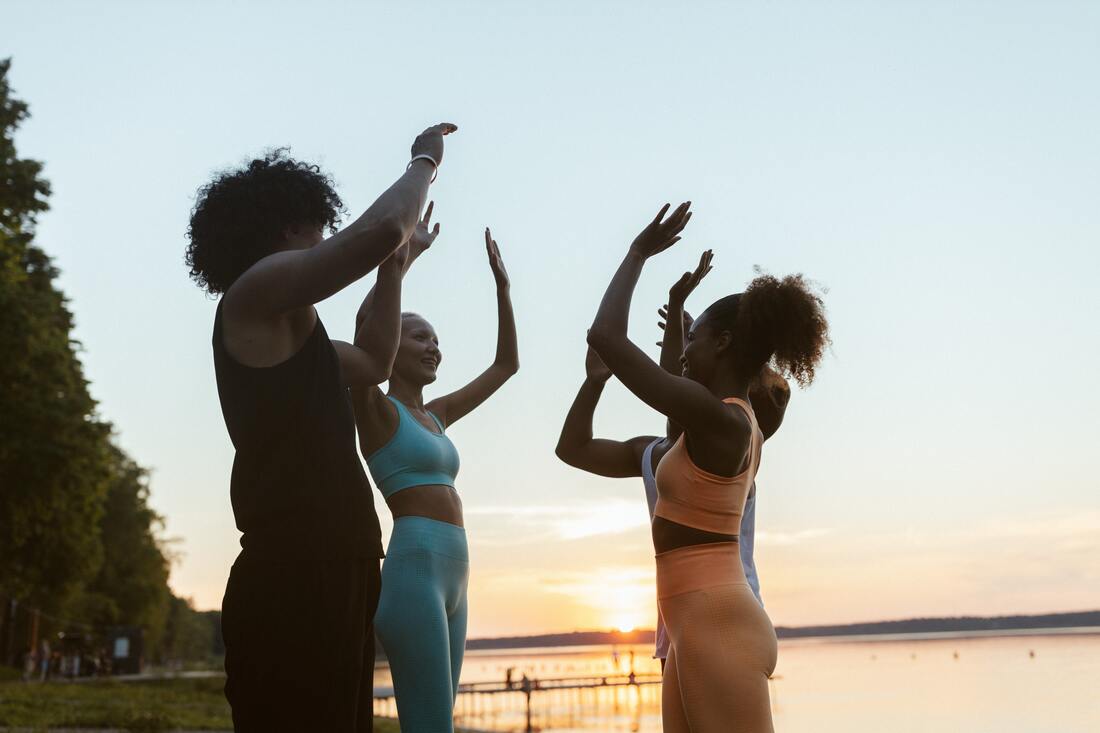
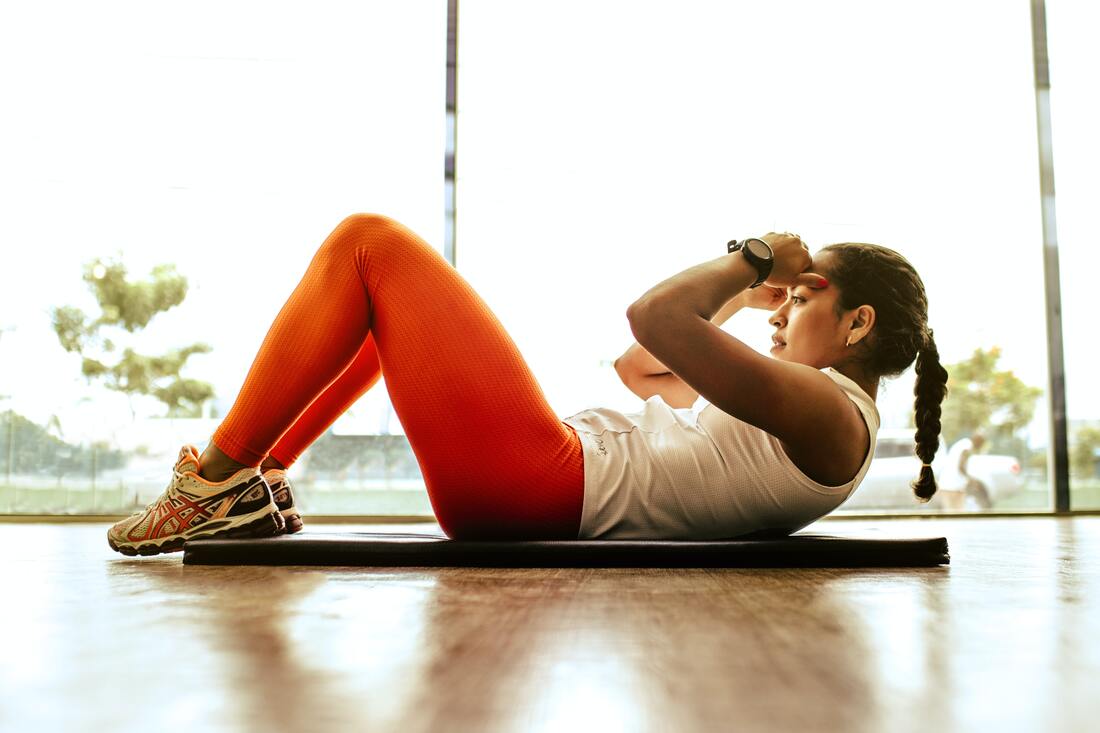


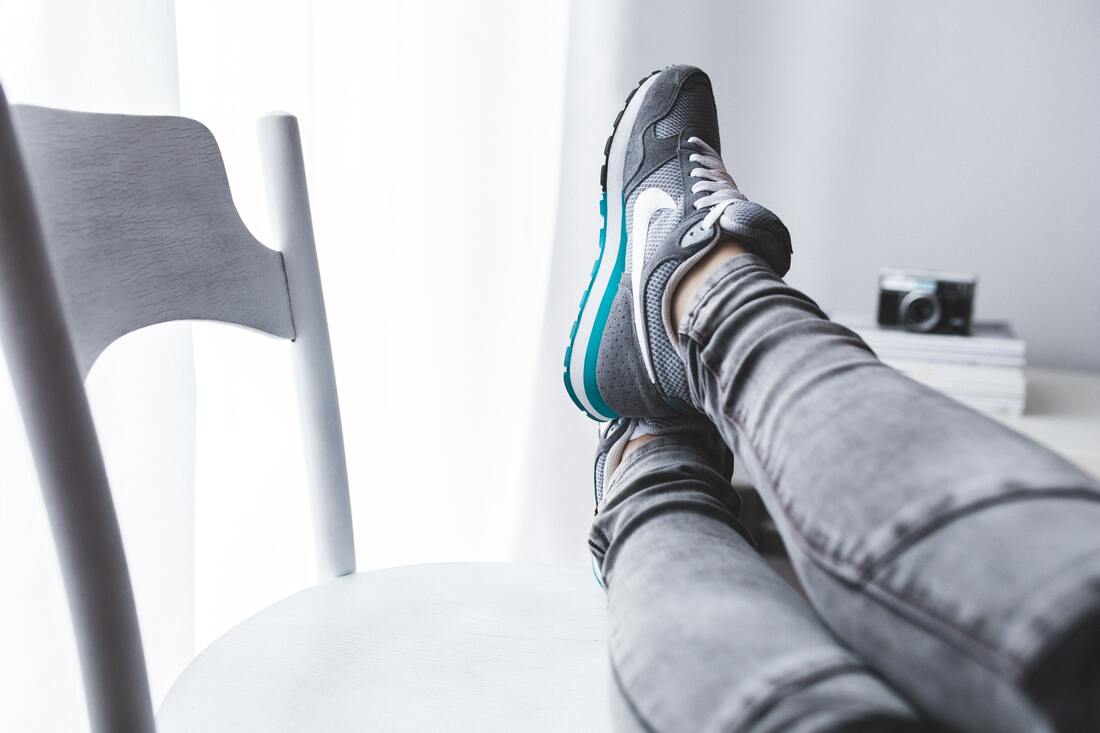
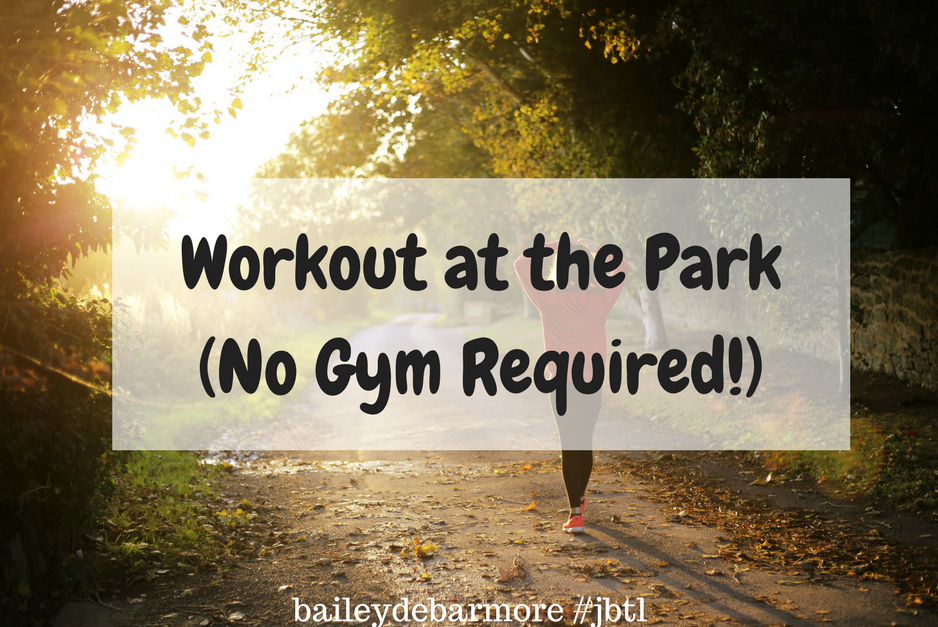
![Staying Fit in Grad School - While Staying Sane [Bailey DeBarmore #JBTL]](/uploads/2/4/8/5/24852402/stayingfitingradschool-baileydebarmore-jbtl_orig.jpg)
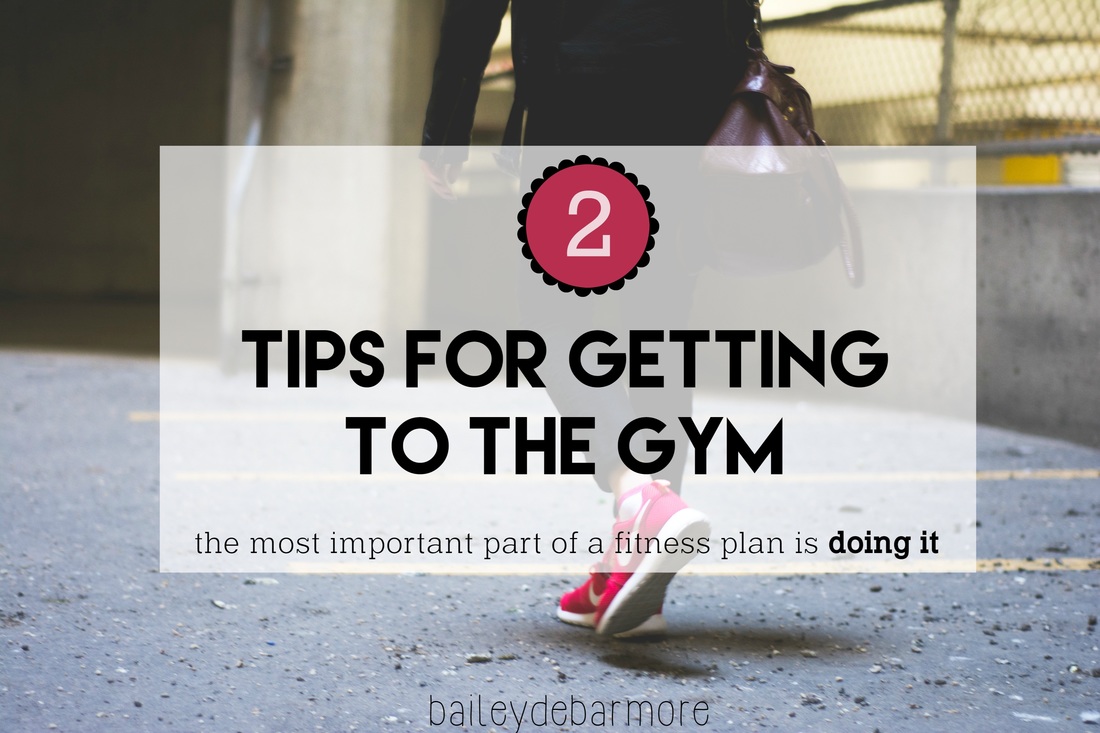
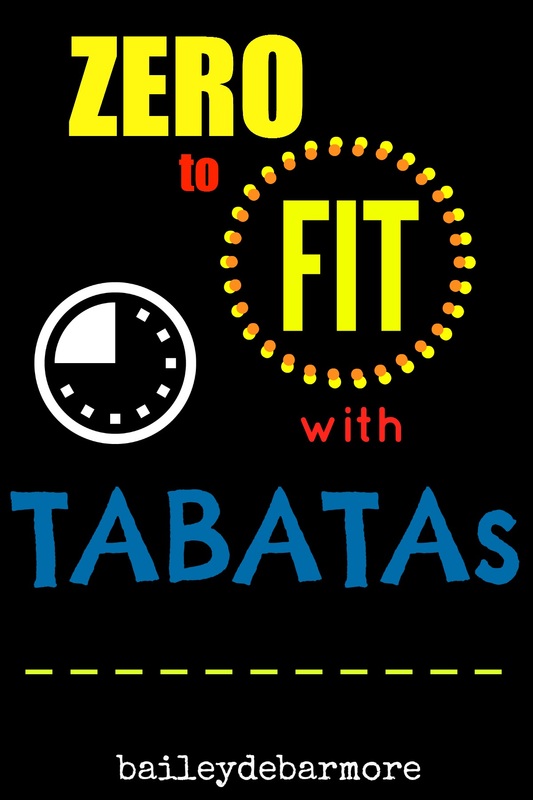
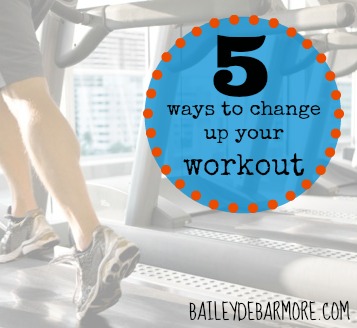
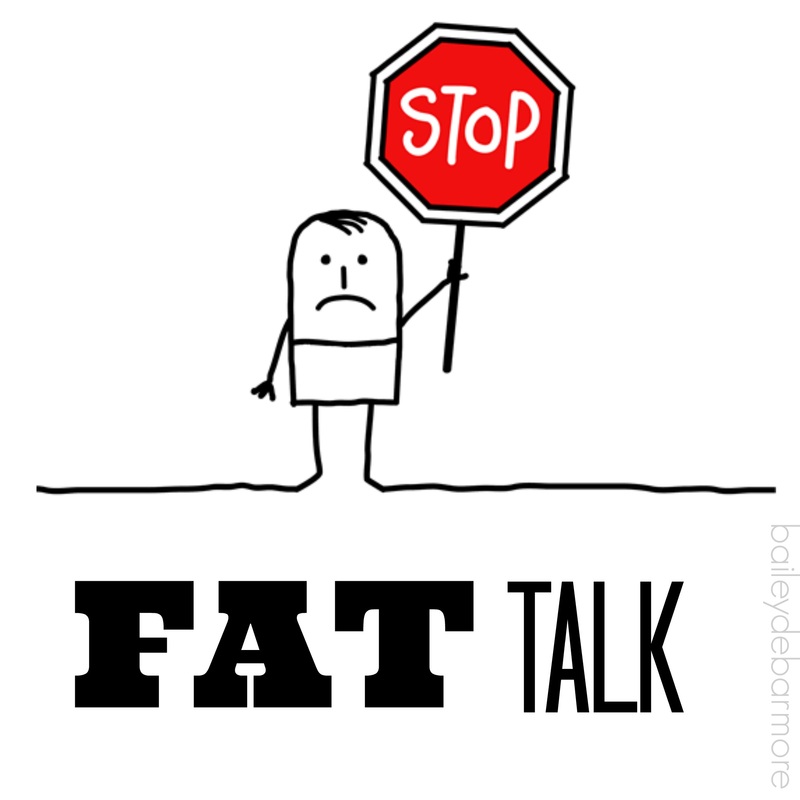
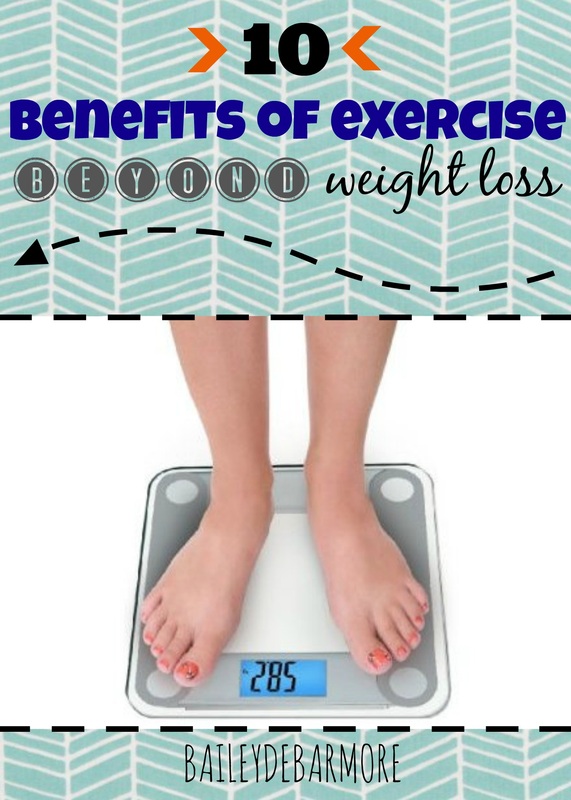
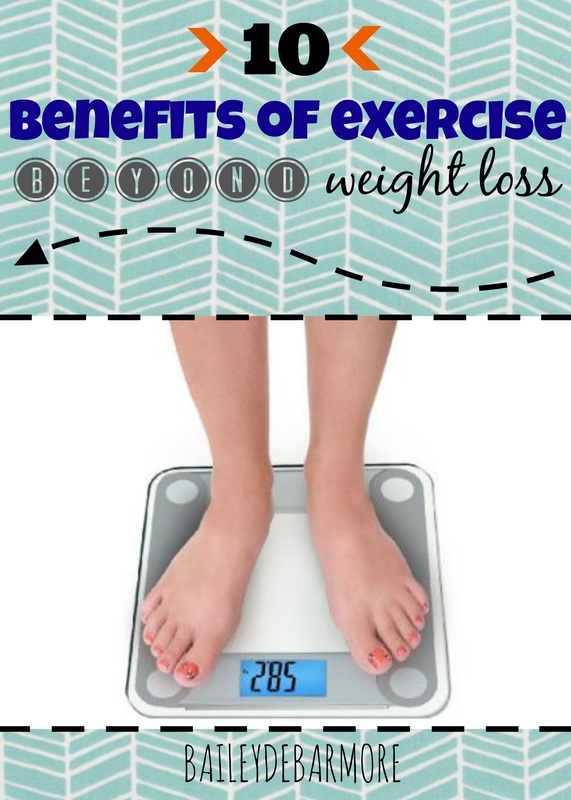
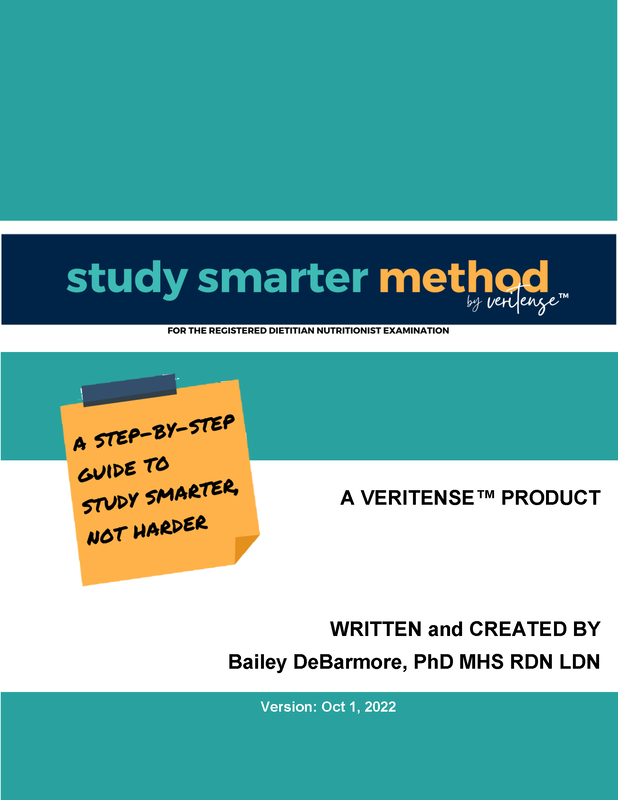

_250px.png)



 RSS Feed
RSS Feed
